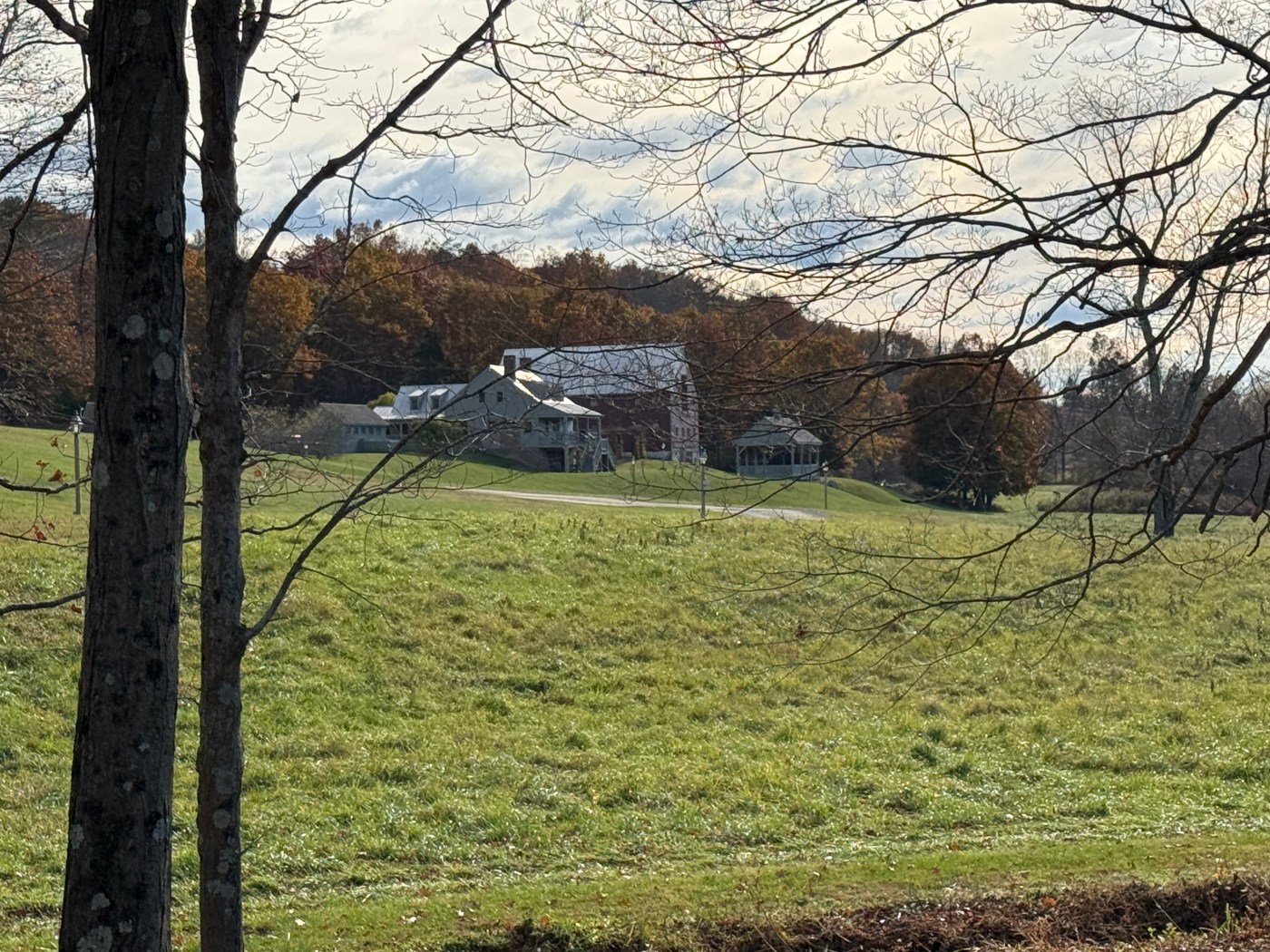Plans for a new wellness retreat center in Clinton, New York, are facing significant opposition from local residents, who argue that the development threatens community integrity and environmental stability. The proposed Six Senses retreat center, backed by the International Hotels Group (IHG), has sparked controversy as developers seek to transform the site into a wellness hub.
During an interview on October 28, 2023, IHG Senior Director Mike Palumbo expressed surprise at the level of resistance, stating that the company had conducted thorough due diligence before purchasing the property. “They’re sort of taken aback, if you will, a little bit,” Palumbo said, referring to the concerns raised by the community. He noted that the special use permit for the property was in good standing and that the Planning Board had previously shown support for the proposal.
The development plan includes incorporating 27 of the site’s 28 existing buildings into new activity centers, which will feature a wellness hub, a farm center, and an equine facility. According to IHG representative Karen Foley, the company aims to “rehabilitate” these structures to breathe new life into the area. The one building not included in the site plan will either be relocated or repurposed, as confirmed by spokesperson Katie Barr Cornish.
While the developers assert that their approach will have minimal impact on the environment, opponents of the project remain skeptical. Concerns have been raised about increased traffic, noise pollution, and potential harm to local wildlife, including endangered species. Local anti-development group Common Senses HV has published figures suggesting that the retreat could lead to up to 608 vehicles entering and exiting the site daily, resulting in significant disturbances.
In a lawsuit filed in state Supreme Court, opponents argue that the special use permit, which has been in place since 2005, limits the number of patrons to 44 at any given time. Developers are seeking to amend this cap as part of their approval process. In response, Palumbo clarified that the higher attendance figures cited by opponents are intended to account for “rare” occasions, with more typical daily numbers expected to range from 50 to 85 guests and 50 to 80 staff members.
The project has also led to legal action from opponents against local officials from Clinton and Hyde Park, alleging preferential treatment for developers. The lawsuit claims that a local law was passed to circumvent zoning regulations and facilitate the retreat’s approval. In March, the Rhinebeck Town Board joined this legal filing, expressing concerns over the integrity of local zoning laws.
Local officials have voiced frustration over the perceived lack of transparency in the approval process. They allege that IHG and its representatives have conducted negotiations without adequately addressing community concerns. In a community announcement, Rhinebeck officials stated, “What we have seen in this case was an end-run around local zoning laws and around the wishes of impacted residents by a multi-billion-dollar international hotel group.”
Palumbo countered these allegations, asserting that all procedures followed by the developers were within legal boundaries. He indicated that any lawsuits filed as part of the process are legitimate challenges available to any party seeking to navigate local zoning requirements. “Everything that we have done, the opposition has done the same,” he stated.
As the debate continues over the future of the Six Senses retreat center, both developers and opponents are locked in a struggle that highlights the complexities of balancing community interests with commercial development. The outcome of this conflict may set a precedent for similar projects in the region and could significantly impact the local landscape for years to come.







